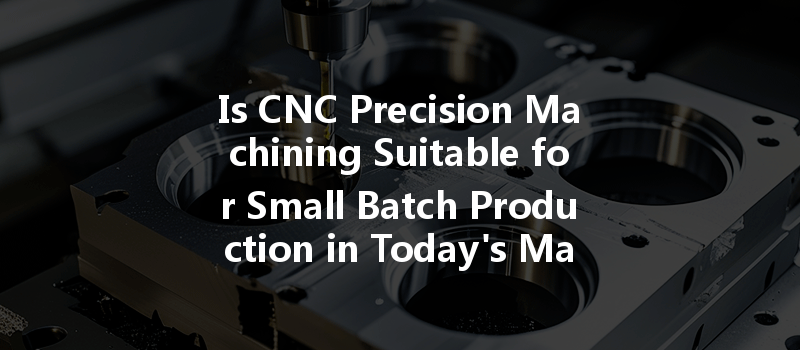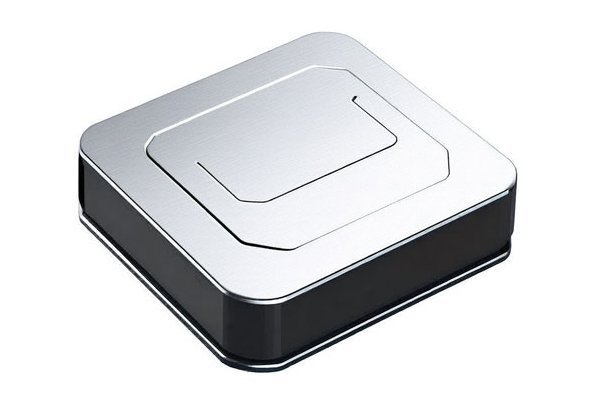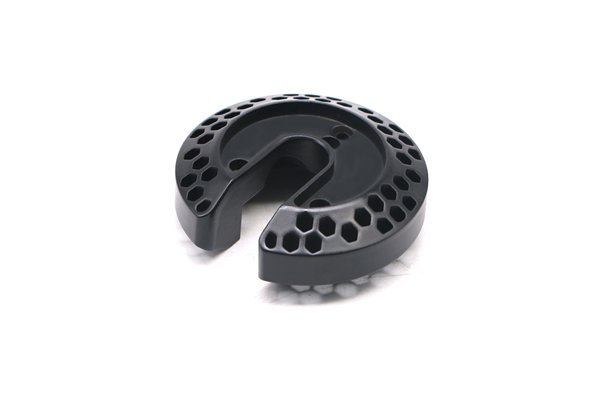Opening: The Rise of Customization in Manufacturing
Did you know that approximately 72% of manufacturers worldwide are shifting towards smaller batch production to meet the increasing demand for customization and flexibility? In a rapidly evolving market where consumer preferences are continuously changing, manufacturers are increasingly looking for ways to accommodate bespoke demands while maintaining profitability. This has led to a pertinent question: Is CNC (Computer Numerical Control) precision machining a viable solution for small batch production? In this blog, we’ll delve deep into this topic, dissecting the advantages, challenges, and technological advancements surrounding CNC machining in the context of small-scale manufacturing.
Understanding CNC Machining
CNC machining is a subtractive manufacturing process that utilizes computers to control machine tools. This ensures a high level of precision and repeatability, resulting in high-quality parts made from various materials. CNC machining encompasses a range of processes, including milling, turning, drilling, and grinding, and has become an essential technique for manufacturers aiming to produce intricate parts with minimal variance.
Advantages of CNC Machining for Small Batch Production
One of the most significant advantages of CNC machining is its unparalleled precision. Unlike traditional machining methods, CNC machines operate using numerical data, minimizing errors associated with manual techniques. This is particularly beneficial for small batch production, where maintaining consistency is vital. Each part produced in a CNC machine will match the specifications to a degree that is often unattainable by human operators.
CNC machines can accommodate complex designs, allowing manufacturers to switch from one part to another with ease. This flexibility is crucial for small batch production, where designs might change frequently based on client needs. Advanced CAD (Computer-Aided Design) software enables designers to generate intricate patterns or modifications quickly, which can be directly translated into CNC code for manufacturing.
While the upfront investment for CNC machinery may be higher compared to traditional machining tools, the long-term cost benefits are substantial. CNC machining reduces labor costs and scrap rates due to its automated processes. For small batch production, the reduced setup time and labor intervention result in lower costs per part, making it financially viable.
In today’s fast-paced market, speed is of the essence. CNC machining facilitates rapid prototyping, allowing manufacturers to go from design to production swiftly. With a well-implemented CNC system, turnaround times for parts can be reduced significantly, enabling quick responses to client needs and market demands.
CNC machines can work with various materials, including metals, plastics, and composites. This versatility is essential for small batch production, as different projects may require different materials. The ability to adapt to material changes without the need for significant retooling is a considerable advantage.
Challenges of CNC Machining in Small Batch Production

While CNC machining offers long-term cost benefits, the initial setup can be costly. For small manufacturers with limited budgets, investing in CNC technology can be daunting. However, it’s essential to weigh the one-time expenditures against the potential for increased efficiency and reduced production costs over time.
Programming CNC machines requires expertise and understanding of both the machines and the software used to control them. Smaller companies may struggle to find skilled personnel, which can delay production. Investing in training or collaborating with experienced CNC programers can help mitigate this challenge.
CNC machines require regular maintenance to ensure optimal performance. For small batch producers, unexpected machine failures can halt production. Establishing a routine maintenance schedule and training staff on basic troubleshooting can help alleviate potential downtime.
The Technological Edge: CNC Machining Advances
The future of CNC precision machining in small batch production looks promising, thanks to various technological innovations:
Cloud computing is making inroads into CNC machining, offering new possibilities for remote monitoring and control. Manufacturers can adjust programs, monitor machine conditions, and analyze performance data through cloud interfaces, all of which enhance efficiency in small batch production.
The integration of additive manufacturing technologies, such as 3D printing, with CNC machining is creating hybrid manufacturing systems. This allows for the production of complex geometries that might be impractical with CNC machining alone, thereby broadening the scope of small batch production.
Simulation software allows manufacturers to model processes virtually, optimizing tool paths and setups before actual machining. This capability minimizes material waste and production times, making CNC machining even more attractive for small batch production efforts.
: Embracing the Future of CNC Precision Machining
CNC precision machining has proven to be a valuable ally for small batch production, merging flexibility, precision, and cost-effectiveness in a rapidly changing manufacturing landscape. While there are challenges to address – such as initial investments and programming complexities – the advantages far outweigh the disadvantages when properly implemented.
As the industry continues to innovate with technology and methods, the importance of CNC machining in enabling small manufacturers to thrive in a customized marketplace cannot be overstated. For those involved in manufacturing, understanding and adapting to these CNC advancements is key to staying competitive. This blog may just scratch the surface, but the insights provided here should prompt you to rethink how CNC machining can help meet today’s ever-evolving demands in production.
Thus, reflecting on how CNC precision machining can be integrated into your manufacturing strategy is not only worthwhile but essential for future success. Embrace the technology, assess your needs, and consider how CNC precision machining can take your small batch production to new heights.
Related Posts
- What is the difference in machining difficulty between 1018 steel and 1045 steel during CNC turning?
- What Are the Key Benefits of Choosing Precision Machining Services for Your Manufacturing Needs?
- Here are a few question-style FAQ titles based on your keyword list: 1. How Can You Solve Delivery Delays in CNC Machining Efficiently? 2. What Are the Performance Differences Between 430 and 304 Stainless Steel in CNC Machining? 3. How Does CNC Prototyping Help in Material and Process Selection Verification? 4. How Do Different Plastics Perform in CNC Machining Processes Compared to Metals? 5. What Are the Key Differences in Machining Performance Between Various Aluminum Alloys?






